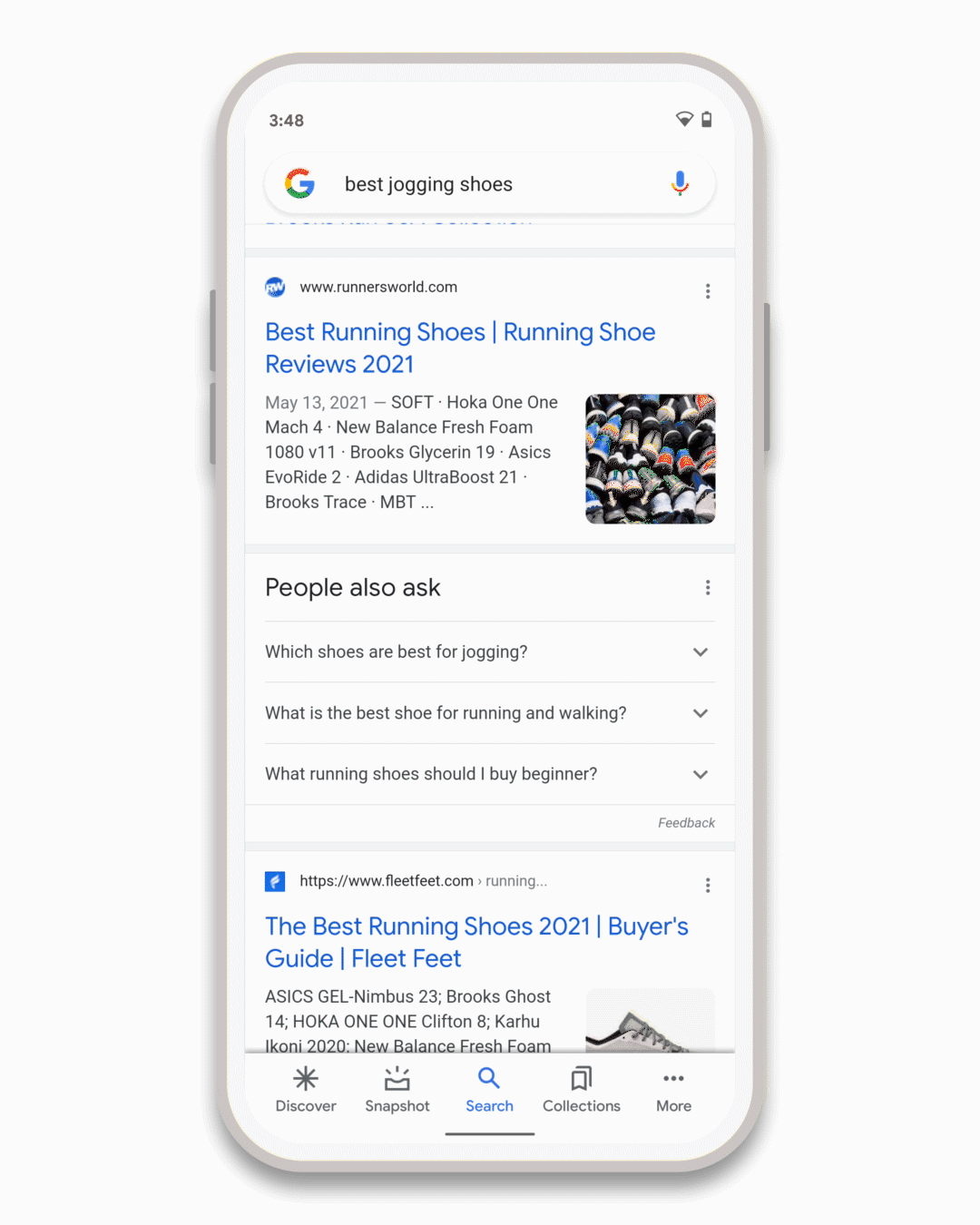The summer may be winding down, but local search never does. From new attributes to an algorithm update (and Google changing its mind about something—gasp!), it all happened in August. These are the developments you need to know.
Google allows chains to create Google Posts via API… permanently
Realising that every physical business has to communicate up-to-date health and safety measures in the COVID era, Google has been allowing businesses with 10+ locations to publish Google Posts across all of their listings. The search giant intended to once again restrict this bulk-publishing method to businesses with 10 or fewer locations when COVID abated, but has now admitted that brand-wide posting will remain regardless of a business’s location count.
After becoming ubiquitous following the onset of the pandemic, Google Posts have proven to be very useful beyond the initial problem they were designed to solve. Originally intended to serve as micro-blogs for specific locations rather than advertising space for a brand, Google Posts were tailored for small and medium businesses thought to be capable of more granular approaches than their enterprise competitors.
But chains have been successfully using Google Posts to specify their health and safety measures based on geography, demonstrating to Google that this mechanism remains local in spirit.
This is a significant boon to businesses that understand how to effectively scale local marketing in the form of Google Posts. And although we have previously speculated that Google Posts would eventually become a paid feature for larger businesses, there is no indication that is happening yet. Take advantage of that freedom while you can.
Google reveals which ranking factors are at play
Google updated its “About this result” panel to inform searchers why Google ranks certain pages for a user’s query. Many local SEO experts need to explain to their clients why a page is or isn’t ranking as expected, and Google’s own reasoning will take a lot of the guesswork out of these conversations. The most common factors will include:
- Matching keywords: Does a webpage contain the same keywords as your search? A simple but important factor Google uses to determine whether or not a page is relevant.
- Related terms: Google pays attention to terms it determines to be related to the query. If you search “how to cook fish in the oven”, expect to see results for related terms like “bake” and “recipe”.
- Looking at links: When other pages link to a page using similar words as your query, that page might be relevant to your search. It can also be a helpful indicator of whether online content creators tend to regard the page as useful for that topic.
- Local relevance: Google also looks at factors like the language you’re using to search, as well as your country and location, to deliver content relevant for your area. For example, if you search “what day is trash pickup?”, it’s helpful to get results that are applicable to your local area.

GIF: Google
Remember that there is no standardised Google. Ranking will vary according to the specific combination of keywords, the user’s location, the particulars of their Google profile, and a host of other inimitable factors. While “About this result” information won’t reveal all, it will certainly make rankings slightly less mysterious.
Google link spam algorithm update
There is an unmistakable spam problem on Google search, and Google is trying to combat this issue once again with its latest link spam algorithm update:
In our continued efforts to improve the quality of the search results, we’re launching a new link spam fighting change today—which we call the “link spam update”… Sites taking part in link spam will see changes in Search as those links are re-assessed by our algorithms.
This update is meant to identify and nullify link spam, but Google cautions that ranking changes are imminent for some legitimate site owners as well. As spammers are only getting better at passing themselves off as real websites to both humans and algorithms, the algorithm’s attempts to remove link spam may also catch legitimate links in the crossfire.
This update focuses primarily on spam links rather than spam listings, meaning affiliate, sponsored, and advertising links that are masquerading as genuine content. Don’t want to have your websites targeted by this update? Google advises that affiliate links should be marked up and appropriately tagged to show they are sponsored content—and, if not correctly identified, will penalise any links it views as placed through monetary incentives. Be warned that the search giant will not care whether the markup is missing through malice or mistake; action will be taken regardless.
Google adds sustainability attributes for hotel listings
Google has always treated hotel listings differently than other business categories, and this latest update is just for them: sustainably and eco-certification attributes exclusive to the hospitality sector. Hotels can now list practices such as “Food waste reduction program” and “Vegetarian meal options” among the new set of attribute categories, which also includes:
- Energy efficiency
- Water conservation
- Waste reduction
- Sustainable sourcing
Within each section are a large number of attributes and the option to include the hotel’s official sustainability certifications. Those in the hospitality industry should review these attribute options and include whichever may apply to their listings.
Yelp introduces vaccine-focused profile attributes
With the US in particular struggling with standardised practices for vaccination requirements, Yelp offers a way for businesses to provide this information themselves. New “Proof of vaccination required” and “Staff fully vaccinated” profile attributes are now available to add onto Yelp profiles and users can immediately begin searching for businesses by these parameters.
Along with providing important information to users, these attributes also address common conflicts occurring within reviews. As vaccine mandates are unclear and often controversial, Yelp has seen many of its reviewers disregarding the quality of a business and instead only focusing on its vaccine requirements. Users can now see vaccine requirements prior to visiting a business, avoiding the issue becoming an unforeseen point of contention (and cluttering reviews).
Want to get ahead (and stay ahead) in the ever-changing world of local search? From proprietary software to unique managed services—not to mention our industry-leading local search experts—we’re ready to help. Let’s talk.




